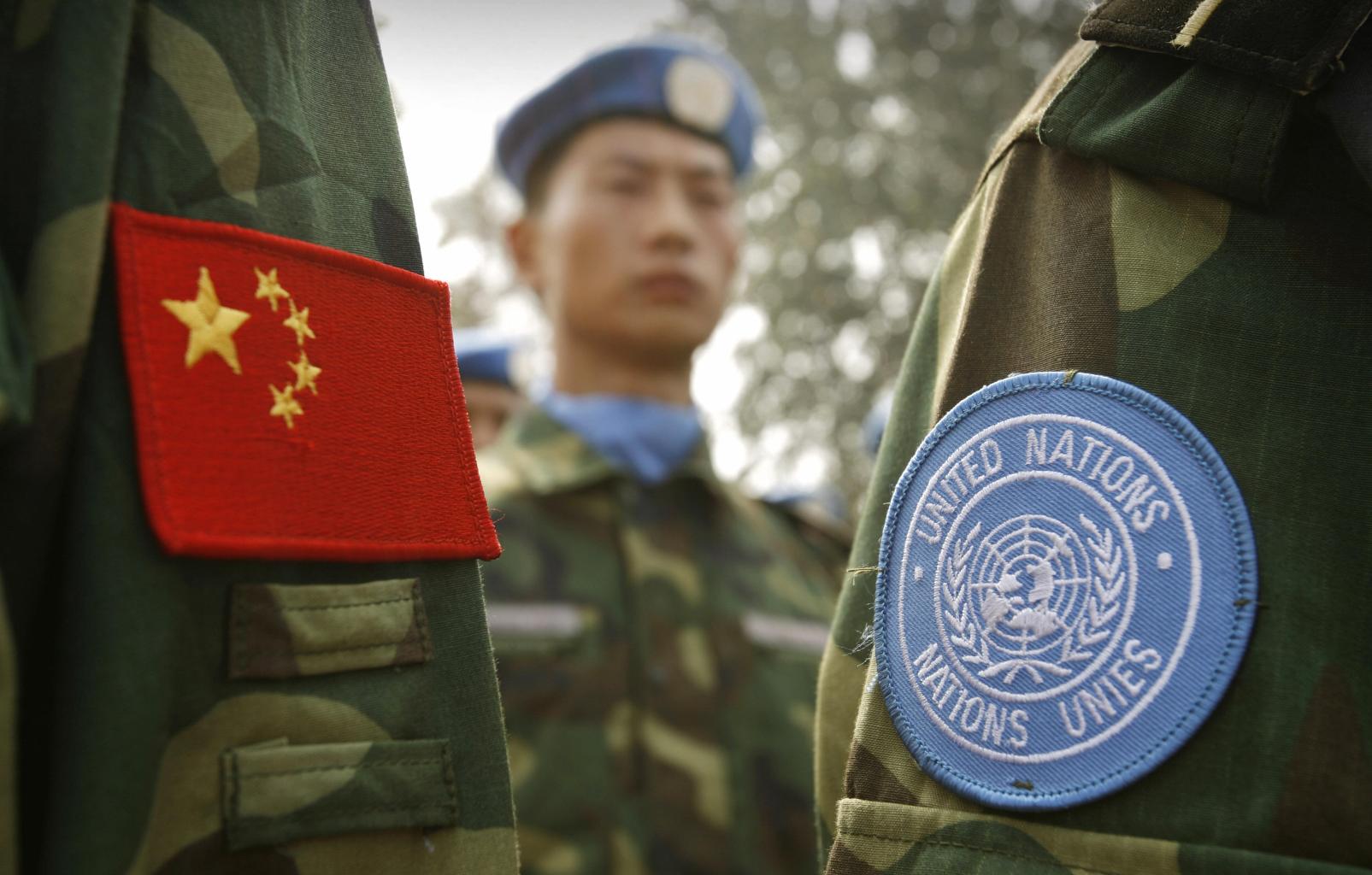In September 2018, President of the People’s Republic of China Xi Jinping announced $60 billion of funding at the Forum on China-Africa Cooperation for economic projects on the African continent with “no strings attached”. This move represented an increasing recognition of the African continent by China as an important player in international affairs. I read this in the summer of 2018, when I had the opportunity to work as a Junior Research Officer at the United Nations Broadband Commission in Geneva, Switzerland.
However, I noticed an interesting dynamic at play in Geneva. The influence of the People’s Republic of China was noticeable, from the number of interns at the organization to the current the Secretary General of ITU, who was recently re-elected unopposed for a second term.
This led me to my research question: how does China utilize international organizations to further their geopolitical interests in east Africa?
I first examined the Belt and Road Initiative (BRI), China’s trillion-dollar economic strategy twelve times larger than the Marshall Plan. Announced by Chinese President Xi Jinping in 2013, the BRI consists of an overland belt and a maritime road to connect China to east Africa, southeast Asia, west Asia, and Europe.
The BRI is about building influence with countries along the route, and a large part of this involves major infrastructure projects. As of 2018 numerous projects had been completed as part of the BRI, including a $62 billion economic corridor between Pakistan and China, a $1.1 billion port in Sri Lanka, and a high-speed rail link in Indonesia. China’s even created their own institutions like the Asian Infrastructure Investment Bank to push their development agenda around the world.
In east Africa, the BRI has proven a huge boon for investment. Djibouti’s ports and Ethiopia’s manufacturing potential make the region appealing for investment, especially to connect via rail and road.
A major project sponsored by the BRI is the Addis Ababa-Djibouti Railway, connecting Ethiopia’s capital to the port city of Djibouti. This line is the first transboundary and longest electric railway line on the entire continent, contracted to the China Rail Engineering Company and the China Civil Engineering Company. The construction of the line was financed by a loan from the Export Import Bank of China, which reports directly to the State Council- China’s cabinet. This railway is important because it links to Kenya’s Standard Gauge Railway, forming a longer link throughout the Djibouti Kenya corridor that can supply natural resources to ports (also the target of Chinese investment under the BRI) to supply mainland China.
UN peacekeeping operations have also been instrumental in this achieving geopolitical goals. China has deployed 200 soldiers in the Congo as part of the United Nations Mission in the Democratic Republic of the Congo (MONUSCO) because the country is home to significant cobalt and copper supplies that feed the Chinese economy.
Cobalt is an essential element in lithium ion batteries you find in smartphones, laptops, electric car batteries. Lithium-ion batteries are supposed to be different from the dirty, toxic technologies of the past. Lighter and packing more energy than conventional lead-acid batteries, these cobalt-rich batteries are seen as ‘green.’
China has a colossal stake in ensuring cobalt supplies remain steady, as the company that builds iPhones in China- Foxconn- requires a steady cobalt supply to ensure iPhones can make it to global markets at accessible prices. In early 2019 Apple noted that demand for iPhones was waning, causing a dramatic drop in Apple stock and a reduction in revenue from $91 billion USD to $84 billion USD.
I also took a look at popular Chinese films, with a specific focus on the highest grossing film of 2017- Wolf Warrior 2. It was selected as China’s entry to the 2018 Oscars for Best Foreign Language film and is important because it’s indicative of a broad shift in Chinese foreign policy. The movie follows renegade soldier Leng Feng ass he assists the Chinese military in evacuating Chinese citizens from an unnamed African country. The symbolism within the film is meant to demonstrate that the UN is ineffective without Chinese support and that China, after decades of looking inward, is now ready to be an active participant in international affairs.
Finally, I took a look at the relationship between Rwanda and China through international organizations. The ITU and Broadband Commission are two hugely important examples because of Rwanda’s willingness to embrace ICTs and China’s willingness to fund their construction. President Paul Kagame of Rwanda and Secretary Houlin Zhao, a Chinese telecom engineer, are the co-chairs of the United Nations Broadband Commission, the UN committee dedicated to the spread of internet.
Kagame is determined to make Rwanda an ICT superpower, skipping over traditional stages of industrial development and transitioning straight to a heavily digitalized service economy. The use of ICTs is prevalent everywhere in the country- Rwanda is opening an airport for drones to deliver blood to rural hospitals that are inaccessible by road. This puts the small country of twelve million ahead of the US in the use of commercial drones. Chinese telecom giant Huawei recently announced that they’re building Rwanda’s national broadband infrastructure, data centres, and smart grids. Huawei has recently been banned from building Australia and New Zealand’s 5G networks and a similar ban is under consideration in Canada.
Together this paints an interesting picture. China- a country that claims its intentions are peaceful and it has nothing but the good of humanity at heart- is clearly engaging in practices that often appear antithetical to those aims. Their use of UN peacekeeping forces for their own interests, predatory loans under the BRI umbrella, and support of undemocratic leaders makes China’s rise and use of international organizations especially relevant in our world today.
Colin Mitchell is a fourth year (Honours) Politics student and Editor-in-Chief of The Athenaeum
